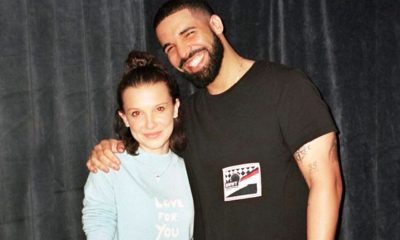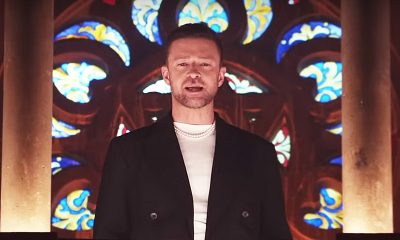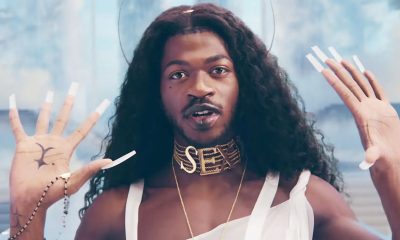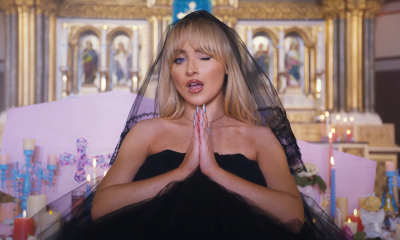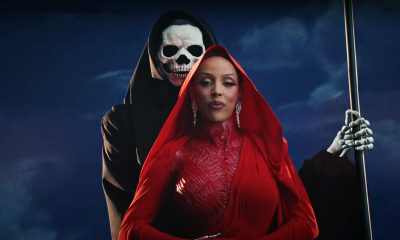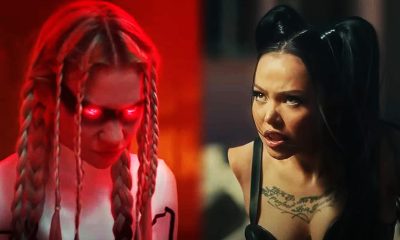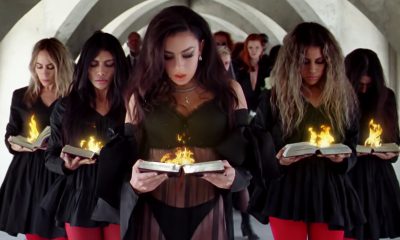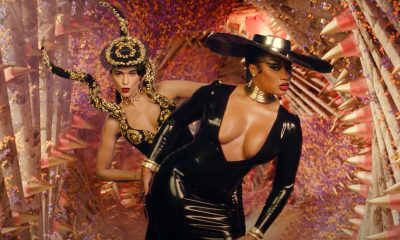Music Business
The Deeper Story of Kendrick Lamar’s Album “To Pimp a Butterfly”
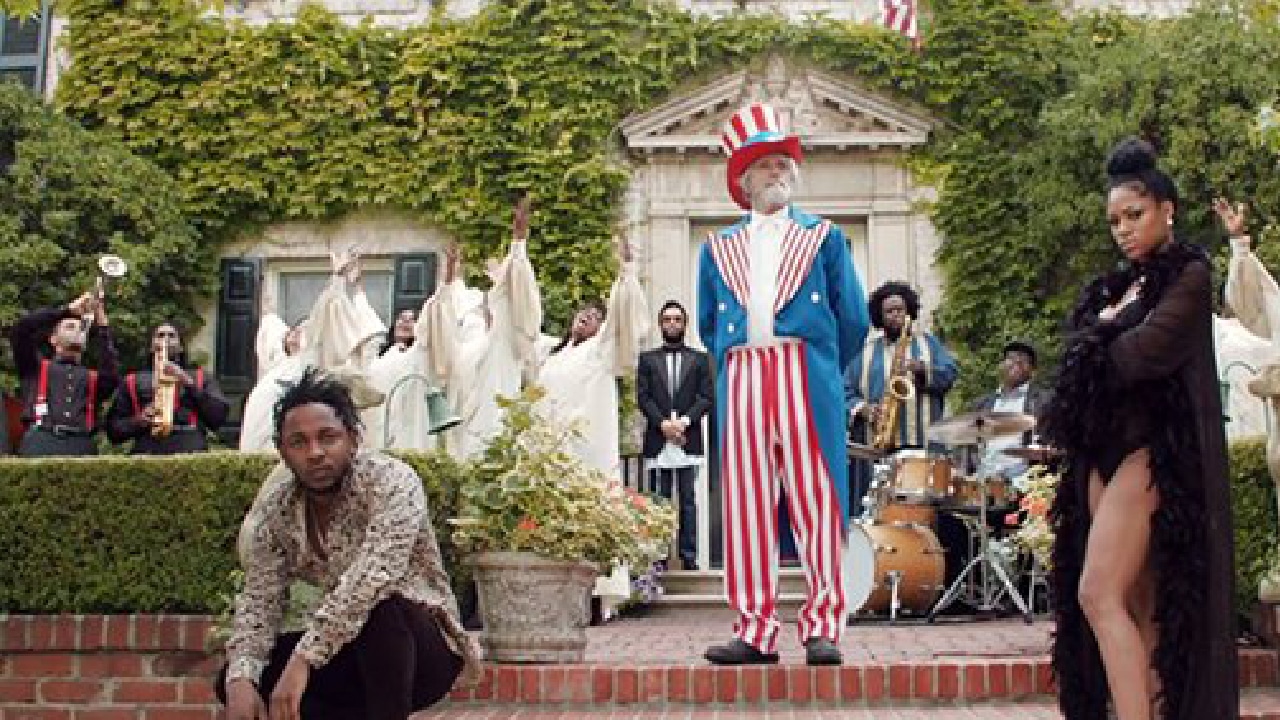
Kendrick Lamar’s album “To Pimp a Butterfly” is meant to be listened to from beginning to end. It tells a poignant story about Kendrick entering the music business and discovering the ugly truth behind it.
Warning: This article contains explicit lyrics.
Kendrick Lamar’s first album Good Kid, M.A.A.D City was a critical and commercial success that skyrocketed the rapper’s career into super-stardom. In addition to featuring crowd-pleasing singles such as B*tch, Don’t Kill My Vibe, the album captivated music purists with an intricate story that unfolded throughout the opus.
Lamar’s second album, To Pimp a Butterfly, loosely follows the same formula, but with an added level of creative madness. The album is more intense, more bizarre, more profound and more controversial. In fact, To Pimp a Butterfly might very well be one of the most complex albums in rap history. Each song is characterized by its own distinctive concept and, on a larger scale, all the songs are interconnected by a wider narrative that revolves around Kendrick becoming a celebrity in a system owned by “Uncle Sam” and ruled by the “evils of Lucy” (a personification of Lucifer).
Let’s look at the story told throughout the album.
Pimping the Butterfly
The album begins with Wesley’s Theory, a bizarre song that introduces the overarching theme of the album: The “pimping” of artists by the establishment (personified by Uncle Sam). The first verse is written from the perspective of an unsigned rapper who is excited to join the music industry.
When I get signed, homie, I’mma act a fool
Hit the dance floor, strobe lights in the room
Snatch your little secretary b*tch for the homies
Blue-eyed devil with a fat ass, smokin’
I’mma buy a brand new Caddy on fours
Trunk the hood up, two times, deuce-four
Platinum on everythin’, platinum on weddin’ ring
Married to the game and a bad b*tch chose
In the second verse, Uncle Sam responds:
What you want? You a house or a car?
Forty acres and a mule, a piano, a guitar?
Anythin’, see, my name is Uncle Sam, I’m your dog
Motherf*cker, you can live at the mall
I know your kind (That’s why I’m kind)
Don’t have receipts (Oh, man, that’s fine)
Pay me later, wear those gators
Cliché, then say, “F*ck your haters”
And so Uncle Sam encourages the rapper to indulge in his limitless credit card. At the end of the verse, however, he leaves the rapper with a grave warning:
But remember, you ain’t pass economics in school
And everything you buy, taxes will deny
I’ll Wesley Snipe your ass before thirty-five
Uncle Sam reminds the rapper that he is completely ignorant of the ways of the system and that it can easily spit him out. The line “I’ll Wesley Snipe your ass before thirty-five” simultaneously refers to two ways the system can shut down a public figure: Through financial methods (the actor Wesley Snipes was convicted for tax evasion using the tax protester theory) and through literal sniping (assassination) before the age of 35.
In For Free? (Interlude), Kendrick repeats the mantra “this d*ck ain’t free” in response to a girl’s materialistic demands. The philosophy is then extended to Uncle Sam himself, where Kendrick poetically states that he won’t be exploited by the system … without adequate compensation. Although the track appears to be about emancipation, it also narrates Kendrick falling for Uncle Sam’s trap. The same way prostitutes tell themselves “this p*ssy ain’t free” before being pimped, Kendrick ends up putting a price on himself.

The video For Free? (Interlude) depicts an unholy triangle where Kendrick needs to ‘serve’ Uncle Sam in order to please gold diggers.
In short, Kendrick affirms that his privates “ain’t free”, which also means that they have a price … a price Uncle Sam can easily afford.
Appropriately enough, the following song is King Kunta, the most radio-friendly song on the album. On a clean, dancy beat, Kendrick celebrates being on top of the rap game, even boasting that he destroyed the careers of subpar rappers. The title of the song refers to Kunta Kinte, the slave who got his foot chopped off for attempting to escape slavery. Adding “King” to Kunta’s name turns the slave into a King – Kendrick on top of the music industry.
The next songs describe effects of celebrity, mainly isolation. In Institutionalized, Kendrick invites his neighborhood homies to attend the BET awards. When he learns that they are actually plotting to rob some of the rich celebrities present at the awards, he realizes that he cannot associate with them anymore. The second verse is told from the perspective of the homies who cannot stand idly by while riches are flaunted in front of them.
In These Walls, Kendrick indulges in one of the benefits of stardom: Sex with groupies who are impressed by his celebrity status. Playing on the expression “if these walls could talk”, the song actually refers to vaginal walls as Kendrick penetrates them. In the third verse, the song takes an unexpected turn: Kendrick reveals that he is sleeping with the “baby mama” of one of his enemies who is incarcerated. The apparently sexy song, therefore, turns into a cruel tale of revenge where the fleshy walls of physical pleasure turn into the concrete walls of a prison cell.
Kendrick is also however in his own prison: Between the four walls of a hotel room. As we hear Kendrick literally screaming inside a hotel room, the song u begins. Easily the most depressing song of the album, Kendrick talks to himself in the third person, hating what he’s turned into.
I f*ckin’ tell you, you f*ckin’ failure—you ain’t no leader!
I never liked you, forever despise you—I don’t need you!
The world don’t need you, don’t let them deceive you
Numbers lie too, f*ck your pride too, that’s for dedication
The song breaks down for a few moments as we hear a hotel maid knocking on Kendrick’s door. In the second part of the song, Kendrick is dead drunk, still talking to himself and going into the deep end as he’s contemplating suicide.
Shoulda killed yo ass a long time ago
You shoulda feeled that black revolver blast a long time ago
And if those mirrors could talk it would say “you gotta go”
And if I told your secrets
The world’ll know money can’t stop a suicidal weakness
After the psychological torment of u, the song Alright responds with hope as Kendrick convinces himself that his hardships are all part of God’s plan. The video extends feelings of pride and optimism to the entire Black community in the wake of countless police killings.
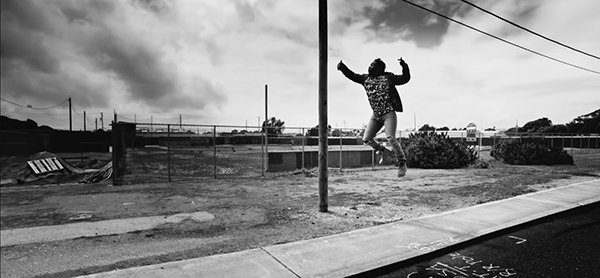
In the video, Kendrick is free as a bird, literally floating on air. He smiles intently as if his life depended on it … because, in some ways, it does.
Despite the positive vibe of Alright, it is during this song that Lucy introduces herself to Kendrick, promising him material gain.
What you want, you a house, you a car?
40 acres and a mule, a piano, a guitar?
Anything, see my name is Lucy, I’m your dog
Motherf*cker, you can live at the mall
Here, Lucy uses the same lines as Uncle Sam in Wesley’s Theory, implying that Uncle Sam and Lucifer are related … closely.
After introducing herself in Alright, Lucy gets particularity insistent in the next song, For Sale? (Interlude).
My name is Lucy, Kendrick
You introduced me Kendrick
Usually I don’t do this
But I see you and me Kendrick
Lucy give you no worries
Lucy got million stories
About these rappers that I came after when they was boring
Lucy gone fill your pockets
Lucy gone move your mama out of Compton
Inside the gigantic mansion like I promised
Lucy just want your trust and loyalty
Avoiding me?
It’s not so easy I’m at these functions accordingly
Kendrick, Lucy don’t slack a minute
Lucy work harder
Lucy gone call you even when Lucy know you love your Father
I’m Lucy
I loosely heard prayers on your first album truly
Lucy don’t mind cause at the end of the day you’ll pursue me
Lucy go get it, Lucy not timid, Lucy up front
Lucy got paper work on top of paper work
I want you to know that Lucy got you
All your life I watched you
And now you all grown up to sign this contract if that’s possible
I looked at him and said, “Every nickel is mines to keep”
He looked at me and said, “Know the truth, it’ll set you free”
You’re lookin’ at the Messiah, the son of Jehovah, the higher power
The choir that spoke the word, the Holy Spirit
The nerve of Nazareth, and I’ll tell you just how much a dollar cost
The price of having a spot in Heaven, embrace your loss, I am God
Turn this page, help me change, so right my wrongs
So why did I weep when Trayvon Martin was in the streetwhen gang banging make me kill a n*gga blacker than me?
Hypocrite!
Would you know where the sermon is if I died in this next line?
If I’m tried in a court of law, if the industry cut me off
If the government want me dead, plant cocaine in my car
Would you judge me a drug-head or see me as K. Lamar
Or question my character and degrade me on every blog
How many leaders you said you needed then left ‘em for dead?
Is it Moses, is it Huey Newton or Detroit Red?
Is it Martin Luther, JFK, shoot or you assassin
Is it Jackie, is it Jesse, oh I know, it’s Michael Jackson, ohWhen sh*t hit the fan, is you still a fan?
When sh*t hit the fan, is you still a fan?
That n*gga gave us Billie Jean, you say he touched those kids?
When sh*t hit the fan, is you still a fan?
I remember you was conflicted
Misusing your influence
Sometimes I did the same
Abusing my power, full of resentment
Resentment that turned into a deep depression
Found myself screaming in the hotel room
I didn’t wanna self destruct
The evils of Lucy was all around me
So I went running for answers
Until I came home
But that didn’t stop survivor’s guilt
Going back and forth trying to convince myself the stripes I earned
Or maybe how A-1 my foundation was
But while my loved ones was fighting the continuous war back in the city,I was entering a new one
A war that was based on apartheid and discrimination
Made me wanna go back to the city and tell the homies what I learned
The word was respect
Just because you wore a different gang color than mine’s
Doesn’t mean I can’t respect you as a black man
Forgetting all the pain and hurt we caused each other in these streets
If I respect you, we unify and stop the enemy from killing us
But I don’t know, I’m no mortal man, maybe I’m just another nigga
Pac? Pac? … Pac?!
In Conclusion
- House members highlight ‘horrific’ organ harvesting of aborted babies
- FEMA worker accused of telling staff to skip hurricane-ravaged Trump homes claims it was common practice: ‘This is not isolated’
- Pizzagate scumbag John Podesta fighting for climate change at COP29 event
- Local police given handbook on how to deal with UAP/UFO sightings
- Mattel mistakenly prints p*********y website instead of movie promo website.
- SkyShowTime ad
- PEDOPHILE CASTLE: The Most DISTURBING Video I’ve Ever Filmed (Chateau Des Amerois)
Get an e-mail notification as soon as a new article is published on The Vigilant Citizen.
-
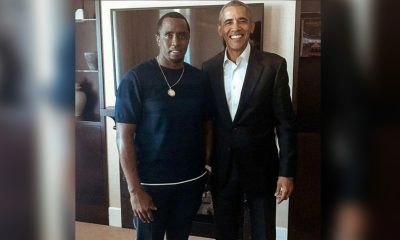
 Latest News1 month ago
Latest News1 month agoThe Controlled Demolition of Diddy
-
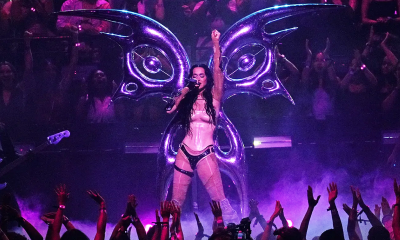
 Music Business2 months ago
Music Business2 months agoThe Hidden Meaning of Katy Perry’s Highly Symbolic Performance at the 2024 VMAs
-
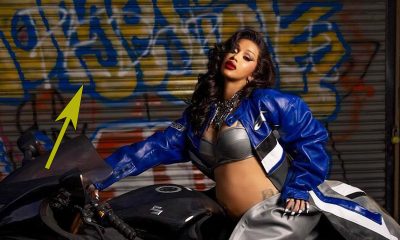
 Pics of the Month2 months ago
Pics of the Month2 months agoSymbolic Pics of the Month 09/24
-
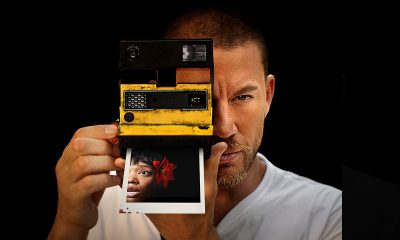
 Movies and TV4 weeks ago
Movies and TV4 weeks agoAn In-Depth Look at the Hidden Meaning and Symbolism in “Blink Twice”
-

 Music Business3 months ago
Music Business3 months agoSomething’s Terribly Wrong With Sabrina Carpenter and her Video “Taste”
-

 Pics of the Month3 weeks ago
Pics of the Month3 weeks agoSymbolic Pics of the Month 10/24
-

 Movies and TV3 months ago
Movies and TV3 months agoPolitics and Mind Control: Why “The Manchurian Candidate” is More Relevant Than Ever
-

 Movies and TV2 months ago
Movies and TV2 months agoAn In-Depth Look at the Dark Messages and Symbolism in “Longlegs”


